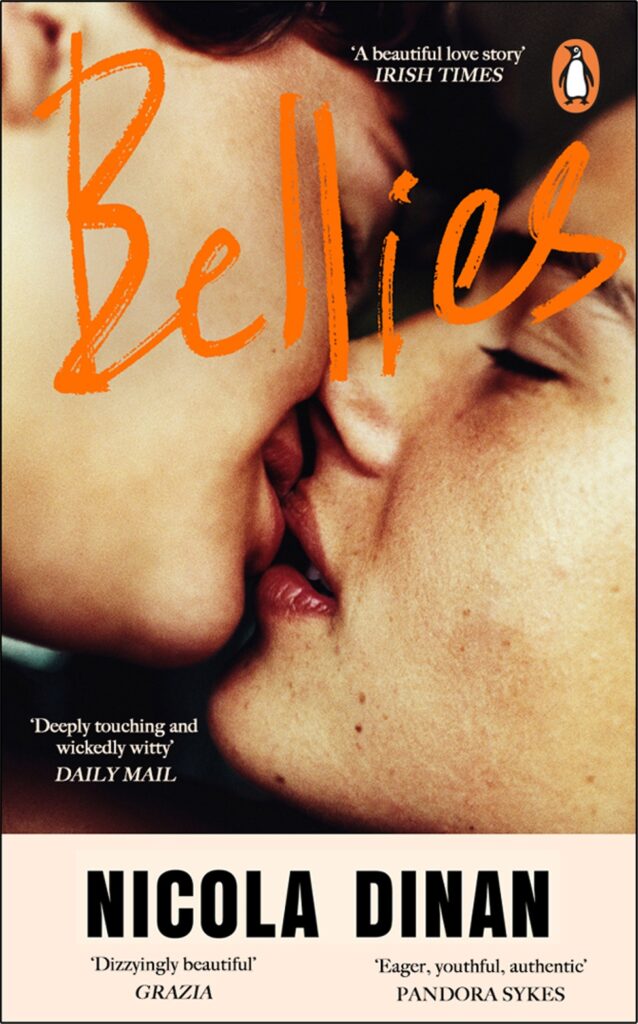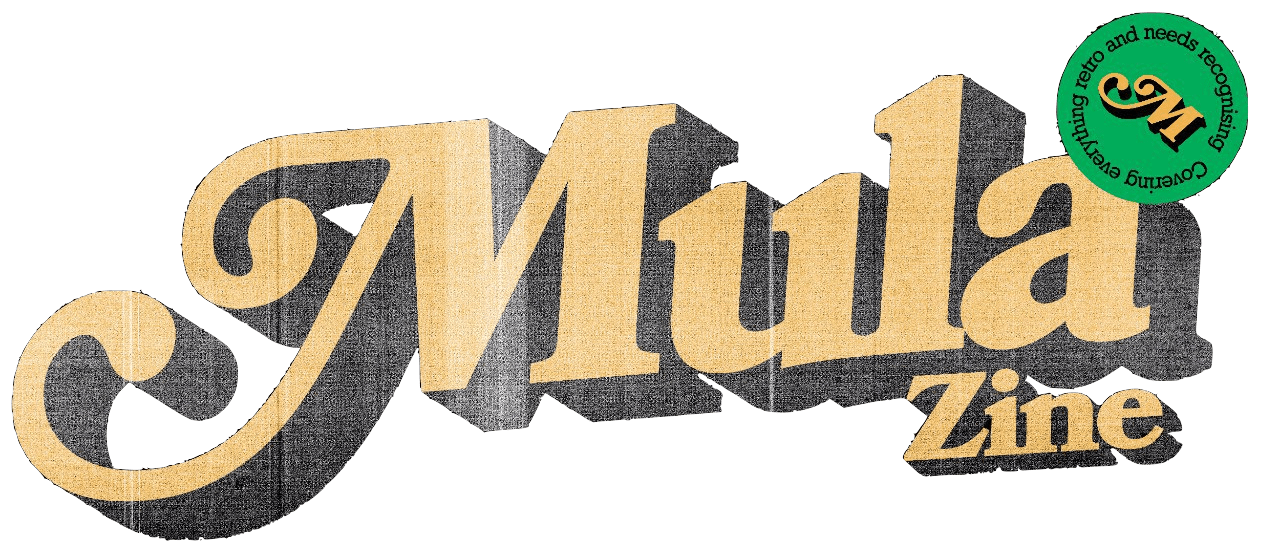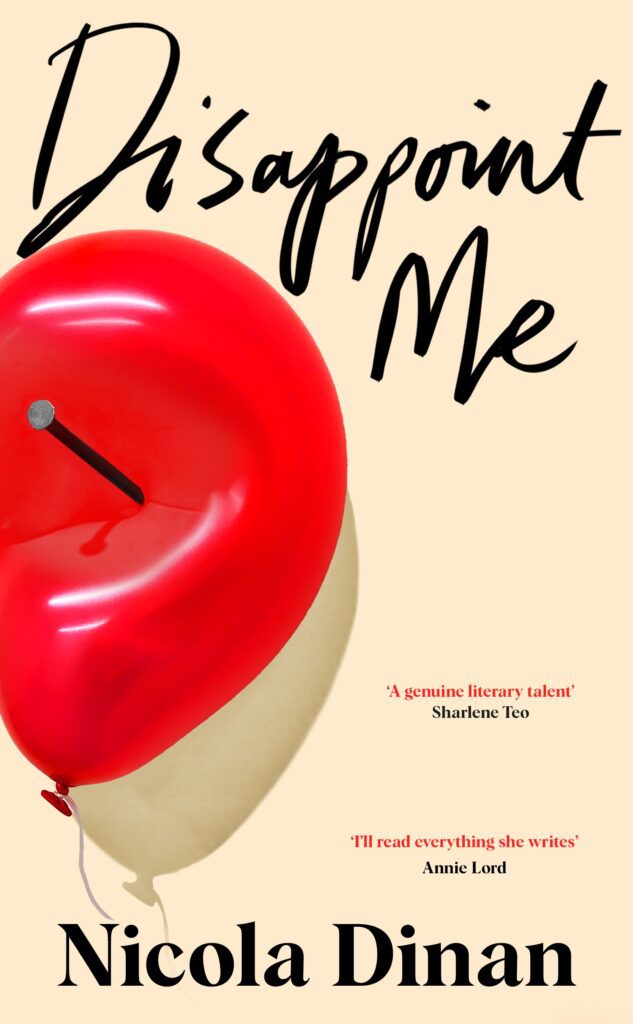Dinan’s dazzling debut, Bellies, features a Malaysian trans woman at center stage. The story tracks Ming’s transition amidst the thrills and throes of first love. She meets Tom at university. Almost by cosmic force, the two are drawn to each other. They fall into a relationship that evolves in tandem with the joie de vivre and uncertainty of their early twenties. For Dinan, writing Bellies was a “retrospective exercise” fuelled by “nostalgia.”

This is not to say the novel is necessarily autobiographical, but rather it served as an “extension of [her] life, memories, friends and family.” There was almost an urgency to tell this story as she tried to “make sense of this very strange and difficult time.” She began writing Bellies four years ago following a career in corporate law and a degree in Natural Sciences. Within seven months, she completed the book.
Her sacrilegious disavowal of the Asian parenting rule to never leave a white-picket-fence job became an “intimate triumph.” Bellies was met with fanfare from both critics and readers, alike. It was the kind of breakthrough that saw publishing houses go to arms in a five-way auction. The television and theatre industry has since followed suit with a stage adaptation by Travis Alabanza in the works.
Now, her highly anticipated follow-up, Disappoint Me, has just been released. It has already earned praise among the literary establishment, crowning her as “one of the UK’s most perceptive young novelists.” If Bellies was a meditation on self-identity and first love, Disappoint Me seems interested in more millennial anxieties: nuclear family structures, settling down, children. “There’s a sense the story feels very concurrent with my own life,” Dinan explains. In Bellies, her characters experience “the excitement of feeling like the whole world is yours, which has completely dissipated in Disappoint Me where the characters are thirty and jaded.” The very title reads like a cynical rallying cry. She concedes that it was “born out of this idea of asking to be disappointed because being disappointed by surprise is so much more painful.”
Her acerbic, witty protagonist is Max(ine), a young, successful trans woman who feels like she overstayed at the party. In fact, the novel begins on New Year’s Eve where Max falls down a flight of stairs that strikes not only her head but also the grand idea of finding a boyfriend. Unlike Ming and Tom’s explosive first encounter, the meeting between Max and Vincent–a British-Chinese, good-mannered lawyer–is tempered with skepticism. They match on a dating app (and no, not that one). When they meet for the first time, Max reflects on love in the age of Hinge: “It is said, I’m sure in the Bible, that men know within seconds of meeting whether they’d like to sleep with you. What an incredible burden. How much sweat, chemical exfoliant, and ripped activewear is laid at the altar to shift those odds? And so preoccupied with our supplication, we barely consider our attraction to them, if at all. Release me from my chains, I beg. Would I have sex with Vincent? I guess. If he’s nice.”
Dinan is especially adept at portraying narrative voices reminiscent of Otessa Moshfegh’s “My Year of Rest and Relaxation” and Sheena Patel’s “I’m A Fan.” Max, in particular, is a symbol of millennial sophistication (even if at times steeped in pretension). She makes cross-country pilgrimages to James Turell’s installations, decorates her flat with Wong Kar-wai film posters, and frequents natural wine bars in Dalston. I imagine her Instagram to be following, if only with irony, accounts like @sockshousemeeting or @realhousewivesofclapton. She would probably find the content relatable. “I actually feel like I am based on Max, as if I have written this future version of myself and manifested it.” Max is the blueprint, I exclaim. Dinan nods in agreement.
The voices she has chosen to spotlight so far are drawn from a unique subset of the cities where she grew up. Ming and Max were presumably raised within the international school circuit of former colonial outposts: slightly adjacent to Kevin Kwans’ “Crazy Rich Asians” but firmly rooted in what Homi Bhabha describes as “hybridity.” Bhabha’s “Location of Culture” imagines an ambivalent Third Space where traditional power relations are subverted, making way for the mutual construction of an “international culture.” Though the Third Space has a colonial provenance, it invites ground for negotiation from the ‘Other.’ What ensues is neither East nor West, us versus them, but something new entirely.
We see this across her characters: neo-colonial creatures with oriental roots living in occidental worlds. In Disappoint Me, Max befriends Singaporean-raised Aisha, the partner of Vincent’s best friend, Fred. Despite her Kennedy-Harvard scholarship and swanky stint at Mckinsey, Aisha still subscribes to an Asian rubric of success. “No baby. White husband. Who’s not Muslim. And works at a start-up,” she laments when explaining her resistance to visiting home. Meanwhile, Max imagines what her best friend, Simone, might say when learning she is dating Vincent. “Wow, Max, a Chinese lawyer, your mum really got to you,” as if Chinese lawyers are the panacea to modern dating.
The colonial history of the region is not lost upon Dinan. Half of Disappoint Me is narrated from Vincent’s perspective while on his gap year (read: “gap YAH”) in Thailand alongside blonde and blue-eyed Fred. “I think we all, having grown up in East and Southeast Asia, have seen the way [the region] has been abused by tourists and treated as playgrounds to stomp around in and to leave behind worse than they left it.” Even Max, though probably well-versed in Said and Fanon, spends the opening chapter divulging her personal complicity in facilitating gentrification: her British grandfather worked for the Empire in colonial Hong Kong, she was raised in Sino-British Hong Kong, and now her flat is in “neo-colonial” Hackney. The Empire continues to strike back, it seems.
Her characters inhabit this hybrid Third Space not necessarily because of their upbringing in cities with colonial pasts, but rather because of their social standing. When we visit Kuala Lumpur in Bellies, Tom describes palatial homes in Bangsar with private swimming pools. In Disappoint Me, Max’s mum was raised in The Peak, Hong Kong’s most coveted neighbourhood, while her school friend, Michelle, prances around London with a purple Chanel flap bag. The kinds of circles Ming and Max grew up in render them local elites orbiting around “moneyed heteronormativity.” This grants them access to an education abroad, holiday homes, and destination weddings in the South of France. In the pyramid of privilege in Kuala Lumpur and Hong Kong, they largely reign supreme.
This prism of class and wealth in Asia is a great source of interest for Dinan, especially once applied to a British context where attitudes to class and race manifest so differently. “There was a real tendency for those around Ming within the UK to view her as a person who is relatively low down on the totem pole of privilege, but there is a dissonance she is heavily aware of,” Dinan explains. “I wanted to use this local elite scene in Malaysia to highlight that dissonance, particularly when one moves abroad and is suddenly seen as something else where people are not necessarily aware of the privileged position that person of colour may have inhabited in their home country. In a lot of ways, it was poking fun at almost the reductive ways the West can talk about privilege and how it ignores nuances existing in Asia.”
However, the dynamic is more complex with Ming. While visiting Kuala Lumpur with Tom, they visit a yong tau foo restaurant. The shopowner specifically adorns their table with a red cloth. This “only comes out for white people,” Ming teases Tom. “Then it’s for you, too, Ming,” Alissa, a friend from school, sneeringly replies.
I am reminded of Ash Masing’s work on queer identities and migration. In the same way that the subjects of Masing’s studies “collectively desire and long for a future that allows them access to a queer possibility missing from their past,” Ming finds safety abroad. At times, she seems to forego her nationality to embrace her queerness. The two worlds seem to be in perennial tension. This does not stop her longing for home, though. Ming is noticeably at ease in Kuala Lumpur, even despite her hesitation to outwardly display queer life. The furthest Ming went to express her love “out of the house was shovel food onto [Tom’s] plate, affection buried in soup and grain.”
As much as Dinan explores diasporic identities and the wistful experiences of migration, the unspoken reality for Ming is the rampant homophobia and transphobia in Malaysia. Early in our conversation, Dinan alludes to the censorship imposed by various arms of the Government on subjects it deems antithetical to local values. “I am writing books focused on Hong Kong and Malaysia without a sure sense that they will even reach communities in those countries. When the book came out, and suddenly I saw Bellies was reviewed in Singapore’s The Strait Times and friends had seen the book in Kinokuniya, it felt so heartwarming to know that the people who I most wanted to read Bellies were finally able to find it.”
This political backdrop becomes all the more pertinent when considering the Malaysian Home Ministry’s ban on six books, three of which contained LGBT+ themes, earlier this month. The grounds for doing so were dubious: the censure was lazily justified to “curb the spread of… movements that contradict the local sociocultural fabric”.
We met late last year at a buzzy cafe in Bloomsbury, round the corner from Bedford Square. I perched myself on a corner table, hoping my iPhone recorder would pick up our pending conversation. Ten minutes before we were due to meet, Dinan arrived and greeted me with a hug.
I must confess there was a proximity to the narrative and author I felt upon reading Bellies. Roland Barthes may have decried the death of the author, but for me, she was very much alive. Like Dinan, I attended an international school in Kuala Lumpur, studied at the same university as she did, and have just started working in Big Law. The characters in Bellies felt startlingly familiar like they had been drawn from settings and environments of my own. In them, I recognised my friends and peers.
Early in our conversation, I mentioned reading Disappoint Me twice and enjoying it even more the second time. Dinan endearingly sighed. I found her relief completely disarming as if she harboured no suspicion that her writing had dominated so many of my dinner conversations. It was all I could speak about in the few weeks after I read her debut.
Maybe it was the fact that Bellies resonated with this present stage of my life: freshly graduated and just stepping into the world. But Disappoint Me feels older, more mature, both in Dinan’s writing voice and subject matter. In many ways, the themes serve as a natural sequel to her earlier work.
The novel will likely be read through the lens of cancel culture: our contemporary take on prosecuting and persecuting bad-faith actors in the court of public opinion. It would be difficult to investigate ideas of forgiveness and atonement in a modern setting devoid of this cultural context. In 2017, movements like Me Too and Everyone’s Invited focused attention on regulating poor behaviour and correcting past wrongs. Many have since been exposed for heinous crimes: Weinstein, Epstein, Najib, among others. But recent years have seen the enthusiasm for seeking retribution rapidly wane. “Anti-woke” has become a rallying cry for the far-right, and with their fervent opposition comes the undoing of welcomed strides towards justice.
Dinan acknowledges this reckoning that “the broader culture is wrestling with more generally” but has chosen to “examine it on a strict interpersonal level.” Her characters are not gross celebrities or demagogues who have become emblems of getting ‘canceled.’ Instead, they are strikingly familiar: you know them, you are friends with them, and you might even be them, which makes these moral quandaries evermore difficult.
“Looking at people in my life and the kind of casual racism and homophobia, for example, that was just completely pervasive and allowed at the time at which I was going to school,” she reflects. “I was noticing how people who were guilty of that had evolved into something better. I couldn’t help but be struck by the nature of change, specifically how we accept change in others and perceive it as genuine.”
She uses Max’s narrative to investigate the ways we reconcile not only our own wrongs but the moral failings of those around us. What duties and obligations do we owe each other? To members of our community? Does forgiveness require a betrayal of principles or is there merit in dismounting the moral high horse?
When her characters are at fault, we see them craft tidy excuses and meticulous justifications to live in good conscience. Often, they seek forgiveness from those they have not harmed as a meager bid to atone without addressing the full reach of their misconduct. After all, nobody thinks of themselves as bad until proven otherwise. Max recounts that “[t]here’s a life in which bad doesn’t always multiply, where the tide shifts, where awful things make people better. Sometimes there’s nothing to do but leave, and sometimes there’s nothing to do but forgive.” If our relationships are the most important thing we do, there is salvation, she seems to be saying, in the potential for change.
Dinan’s most pressing inquiry, her radical investigation, is in the way we love not because, but in spite. That love can be riddled with caveats and boundaries but equally possesses redemptive value; that love, rightfully or wrongfully, can survive in the face of disappointment. “What I try to paint in the novel is one person’s growth towards positivity or, at least, a less destructive outlook when they look towards their future. It is really easy for life experiences to accumulate and start to weigh heavy on the shoulders as you get older and older.” We are all flawed and fallible. The ‘one’ may come with emotional baggage or a blemished past. The bravest thing we might possibly do is love regardless, and allow its transformative potential to unfold.
Images Courtesy of Transworld, Penguin Random House

